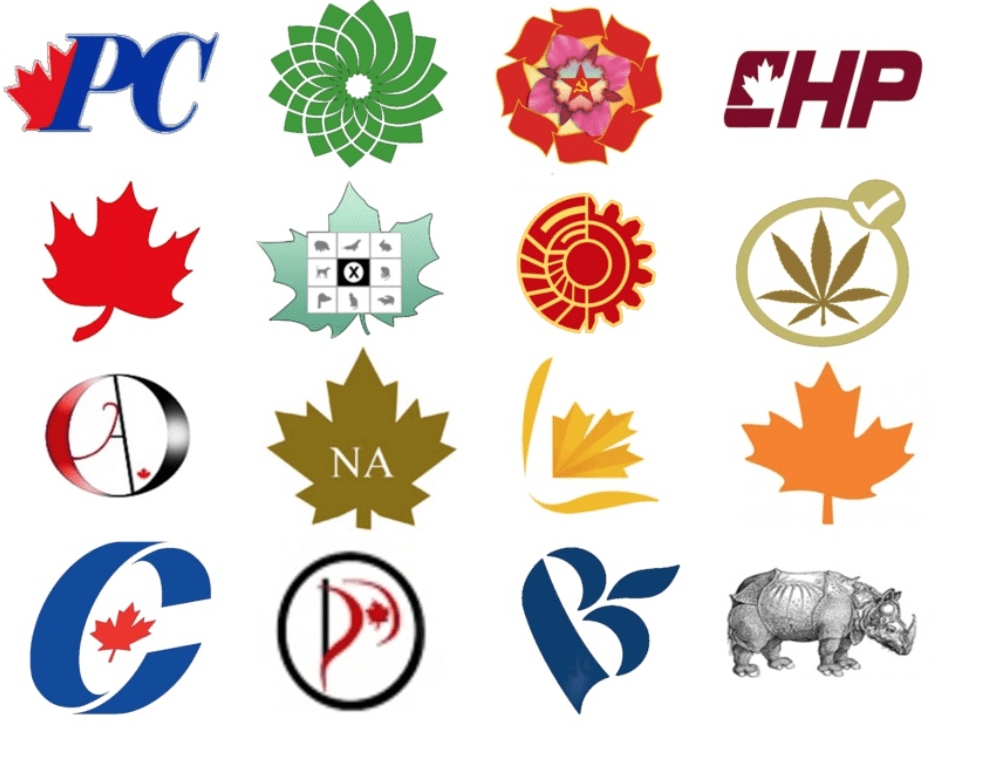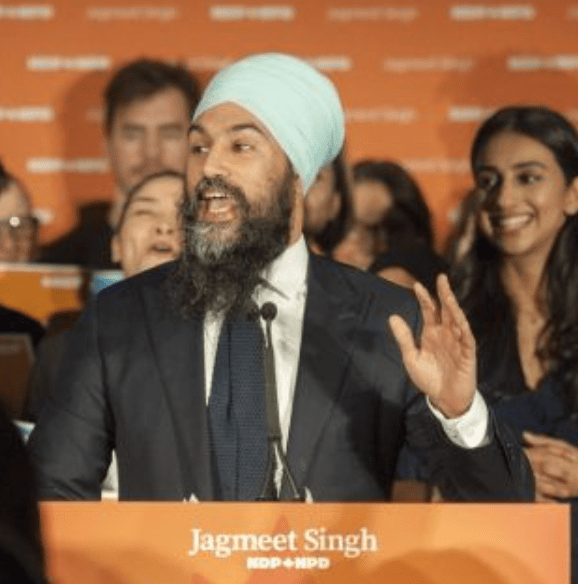The latest report from the Samara Centre for Democracy tackles the issue of civic literacy in this country, which, let's face it, is abysmal. Even when provinces mandate some level of civics education, it's generally pretty terrible (if not outright garbage), but it is a fairly complex problem to try and solve. It's obvious that it's not something that just high school classes are going to solve though it would certainly help if we had much more comprehensive civics education and that it needs to be part of a broader push to tackle things media literacy as part of the broader ambit of civics, which Samara does acknowledge. But for all of their attempts to get a grasp on the topic, there is a gaping hole in the report, which is the role of political parties as part of the civics ecosystem.
The report identifies four dimensions of civic literacy institutional knowledge, topical knowledge, political ability, and media literacy as the measurements to gauge a person's level of understanding, which can lead to political engagement. The breakdown of each bears some examination for example, institutional knowledge counts things like the three branches of state, the functions of political parties, and the methods by which public leaders are elected. Some of these are clearly deficient when the report also mentions that a 2008 poll found that nearly half of all respondents thought that the prime minister was directly elected, and every single day, someone insists that banning political parties will somehow "fix" democracy. Topical knowledge includes things like knowing who the current prime minister or premier is (one study cited in the report showed that only 60 percent of Canadians could identify their premier in 2015, as opposed to 90 percent in 1984). For media literacy, it lists examples like recognizing fake news, evaluating exiting beliefs and identifying bias something that is definitely of concern in the current political climate.
What I found slightly more alarming was the political ability breakdown, where the examples include voting, protesting, writing to elected leaders, engaging with appropriate government agencies and using media to advance a cause. Why is this concerning because it privileges protesting as political ability, but nowhere here or in the entire report is joining a political party ever mentioned. Joining a party is one of the most important aspects of our political system, yet it is one that is constantly devalued anytime discussions about civil literacy or political engagement come up. The grassroots of a party should be where people engage with processes like nomination races and policy development (and thanks to the ongoing bastardization of our system, leadership selection as well), but it's constantly ignored every time we talk about how people should be engaging with the system, likely because there is a fear of encouraging partisanship when it generally isn't the problem. It's when partisanship turns to tribalism that it becomes a problem.
The report looks at places where civic literacy can be developed not only in schools (which again, need to do a hell of a lot more than they currently do), but in the home, with community groups, and as part of the citizenship process for newcomers. There are a couple of things to unpack here as well with regard to in the home, the report notes that socio-economic class is a determinant of civic literacy, and the higher your class or status, the more likely you are to be civically literate. But this is something that should not be a barrier, and which can be overcome if you have the right kind of grassroots engagement.
Back in 1978, Anne Cools (who later was appointed to the Senate) ran for the Liberal nomination in the riding of Rosedale in Toronto, and she did it by engaging with the riding's poor and disenfranchised communities, which turned into one of the largest nomination races in the country's history after the party brass realized what she was up to and had to work to get the rest of the riding on-side with the nomination race for their preferred candidate. (You can watch how this unfolded in the documentary The Right Candidate for Rosedale, which is available on the National Film Board's website). While Cools ultimately didn't win, it's a slice of history that shows that parties and candidates can engage and enfranchise Canadians at the grassroots level of politics, and it gets them into the process.
Which leads me to another aspect of the report the engagement of newcomers in the process. One of the patterns that we keep seeing in recent years is during contentious nomination races or leadership contests, newcomer communities will be mobilized to the advantage of certain candidates, with membership forms in bulk (and occasionally memberships paid for them, though better safeguards are coming into place to prevent it), in order to get the numbers needed for the candidate mobilizing them. The problem of course is that these kinds of interactions are not only shallow, they're utterly cynical these newcomers aren't being introduced to the system and engaging at the grassroots level where they can debate and come to any decisions on their own, but rather, they are weaponized. This is something parties should be extremely vigilant in policing and strict in punishing, because it has the exact opposite effect of civic literacy.
While it's important that Samara take a look at the issue of civic literacy, unless they can get over this particular blind spot, it only creates further problems with the ways in which we are engaging in the political process. It may seem fine to condescend to people and tell them that sure, protesting or signing a petition is political engagement, it's rarely how change happens. Instead, people need to know that being inside a party is often the best way to agitate for change, whether it's with the candidate in their riding before the name appears on the ballot, or in party policy development, or in engaging with the elected caucus, joining a riding association is often the most effective way to go about it. In fact, because this is often ignored, it's allowed the party leaders and their offices to amass power that they shouldn't have precisely because we've stop teaching people how to engage at the grassroots. Civic literacy needs to teach these lessons, and it should be highlighted by groups like Samara if we have any hope of stopping the decline in our country's political system.








